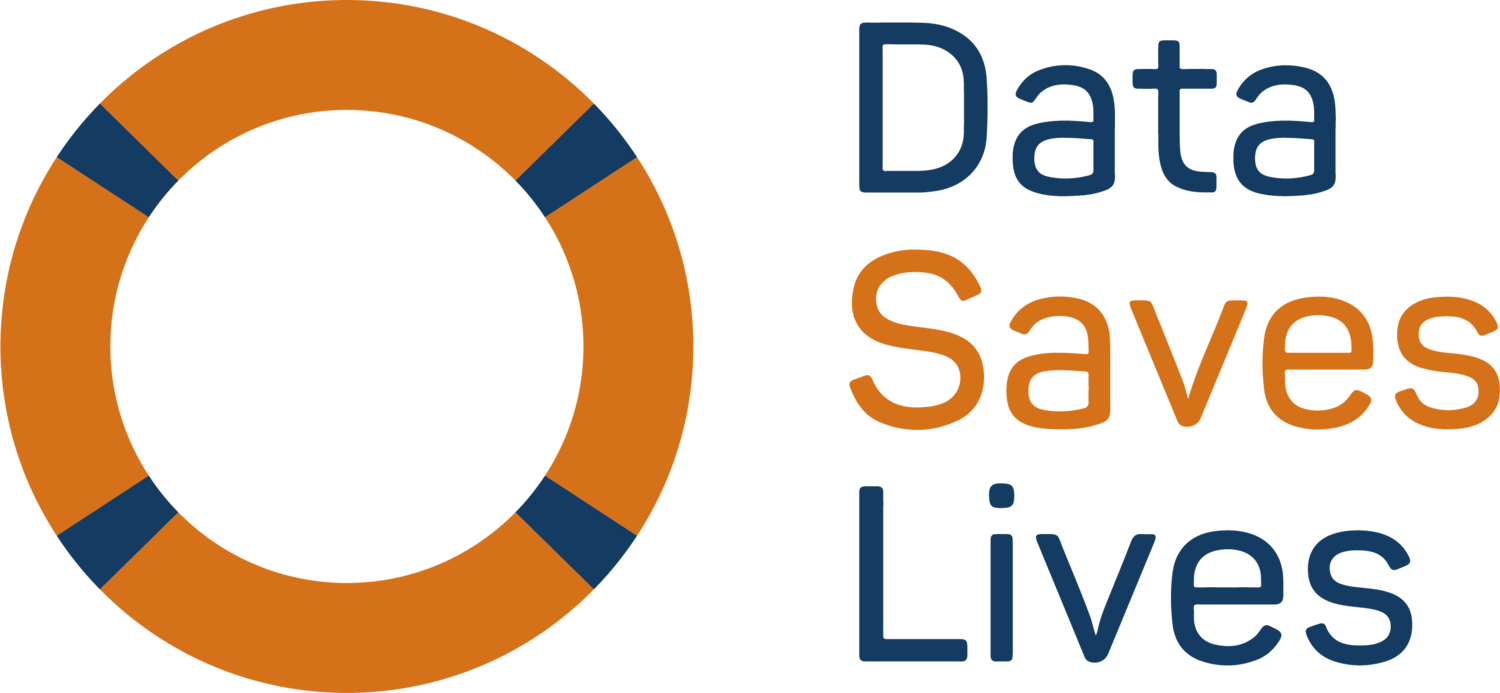How mHealth platforms can provide pro-active and patient-driven follow-up care: a case study from Sweden
Advances in symptom tracking technology through mobile health (mHealth) platforms have the potential not only to help individuals and their clinicians monitor their progress but to provide valuable real-world data that can be used by health regulators in decisions around treatment reimbursement or updates to standards of care. In this case study, we learn how the Cystic Fibrosis community in Sweden partnered with academics and technology developers to create an app to track symptoms and the impact of treatment to support better clinical care.
Cystic Fibrosis (CF) is a genetic condition affecting over 48,000 people across Europe
People with CF experience a build-up of thick, sticky mucus in the lungs, digestive system and other organs. This leads to a wide range of symptoms affecting the entire body. It is vital that people with CF receive regular care from a multidisciplinary team in a specialised CF clinic and access to the latest treatments.
Advocacy is key to improving the lives of people living with CF
CF Europe, the European Federation of cystic fibrosis patient organisations, advocates for access to optimal treatment and care and promotes patient-centred research aimed at improving the lives of all people with CF. As a membership organisation, CF Europe monitors and promotes advancements in health research led by their members which bring concrete changes in different countries across Europe. This article focuses on the achievements of the Cystic Fibrosis community in Sweden.
Real-time symptom tracking has the potential to revolutionise how we evaluate medicines outside of clinical trials
As new life-changing therapies for CF become available, Sweden’s CF stakeholders strive to build a system for structured follow-up and evaluation of new treatments for optimal care, best use of resources and patient participation. A national follow-up system, including the National CF Quality Registry and an integrated mHealth platform, Genia, was developed for use when a decision for national reimbursement for CF-specific modulator therapies in 2018 was reached.
Patient groups have a significant role to play to ensure mHealth solutions meet the needs of the community
The mHealth platform, Genia, was developed by Upstream Dream in collaboration with the Swedish CF community at Karolinska Institute in 2014. Genia was first introduced to paediatric CF centres in Sweden and has been well received by patients, with 65% to 87% of families using the app to track symptoms, activities, and aspects of daily care and share them with the clinical team. Genia supports the upload of images (e.g., a patient may take a photo of their mucus) and upload it via the app and can connect to other apps or devices, such as electronic spirometers (a device to measure air volume from the lungs) and smart medication dispensers. Data collected meets National Registry standards, including e-prescription records, and is uploaded by clinicians.
Ongoing learning and adjustment are important to deliver continued value from mHealth apps
Lund paediatric CF Centre has been working with Genia since 2015 to support patient self-management, pre-visit planning and shared decision-making. Systems and processes for working with Genia were already well established and institutionalised with the multi-disciplinary team at the paediatric program when a feature for CF modulator self-management and adherence support was developed. This feature includes weekly treatment check-in reports and questions on antibiotic use that can be shared with healthcare teams.
Lund paediatric CF Centre results as of December 2019:
Of the patients on the new treatment, 84% (26) have the Genia app with treatment support
Of the Genia users with the treatment support feature, 58% (15) sent ≥2 check-in reports in December and 88% (23) were active in the Genia app during the last 3 months
Since the treatment was made available in July 2018, a total of 491 CF modulators check-in reports have been sent to the Lund paediatric CF Centre
Conclusions:
After over a year, the Lund paediatric CF Centre has shown significant success with the implementation of the Genia app for the follow-up of CF modulator therapies
It has contributed to patient participation, adherence support and patient education
The use of Genia can allow patients to gather and share real world data with healthcare to support pro-active, patient-driven optimal care
Thank you to CF Europe for this case study.
For more information on the Genia app: https://www.genia.se/
For information on the patient in the driver seat programme: https://ki.se/en/lime/patients-in-the-drivers-seat-a-multimethod-partnership-program-on-patient-driven-innovations
Reference:
https://www.cysticfibrosisjournal.com/article/S1569-1993(20)30404-5/pdf

